There are few areas where Beijing, Taipei, and Washington find themselves in agreement these days, but one of them is that the situation in the Taiwan Strait is growing more dangerous. If steadiness and predictability are Tsai Ing-wen’s watchwords for protecting Taiwan’s interests, she also is going to need to make sure her message gets through clearly in Washington. This piece originally appeared in the Taipei Times.
There are few areas where Beijing, Taipei, and Washington find themselves in agreement these days, but one of them is that the situation in the Taiwan Strait is growing more dangerous. Such a shared assessment quickly breaks down, though, when the question turns to identifying sources of rising tensions.
Several Chinese experts and officials I have consulted with recently have argued that Beijing’s increasingly belligerent behavior in the Taiwan Strait is driven mostly by fear. According to this narrative, Beijing is worried that unless it puts a brake on Taiwan’s move away from the mainland, Taiwan could be “lost” forever. They assert that President Tsai (蔡英文) is more “dangerous” than Chen Shui-bian (陳水扁) was because she is smarter, more cunning, more effective at organizing and executing strategy, and because she has the sympathy and support of the United States. According to these Chinese counterparts, a growing number of voices in Beijing are warning that unless the PLA stands in the way, Taiwan’s drift from the mainland could soon reach a point of no return.
Many friends in Washington and Taipei find these plaintive arguments from Chinese colleagues unpersuasive. They are much more prone to see Beijing exhibiting a combination of bullying behavior and willful neglect of Tsai’s steady moderation. They judge that Beijing’s actions are designed to sharpen psychological pressure on the people of Taiwan.
Beijing’s recent behavior has fortified these assessments. Exhibit A is Beijing’s recent imposition of a national security law on Hong Kong which, for all practical purposes, marks the abandonment of any pursuit of a “one country, two systems” approach for Taiwan.
Xi Jinping’s (習近平) rhetoric has done little to disabuse such perceptions. In recent years, he has linked unification to China’s national rejuvenation, asserted that Taiwan’s status would not be passed down to the next generation, and insisted that China and Taiwan will be “reunified.” Both Premier Li Keqiang (李克強) and State Councilor (and former Taiwan Affairs Office head) Wang Yi (王毅) conspicuously omitted the term “peaceful” in front of “unification” in their presentations during the National People’s Congress in May, omissions that only later were corrected in the final government-approved work report. And more recently, Beijing has drawn attention with its expanding military activities around Taiwan, including air force penetrations of the cross-Strait median line and reports of island-seizure drills.
Beijing has been focusing economic pressure on Taiwan’s agricultural and tourism industries, two sectors that account for a small portion of Taiwan’s GDP but a larger relative percentage of Taiwan’s employment basket. Beijing also is targeting Taiwan businesses with operations in the mainland and pressuring them to materially support their preferred politicians in Taiwan.
Growing Chinese pressure also has extended to the diplomatic front. In the last five years, Beijing has poached seven of Taipei’s diplomatic partners and obstructed Taiwan’s meaningful participation in international bodies. China’s blocking of Taiwan’s participation in the World Health Assembly in May, even in spite of Taiwan’s expertise in suppressing the spread of COVID-19 at a time when the pandemic was surging across the globe, laid bare Beijing’s stubborn indifference to the reputational costs of seeking to isolate Taiwan. Chinese actors also have grown more brazen in their use of disinformation and influence operations inside Taiwan.
Beijing’s rough treatment of Taiwan should not be viewed in isolation, though. It fits with a broader pattern of behavior that stretches to China’s borders with India, Bhutan, Vietnam, Malaysia, Indonesia, the Philippines, Brunei, and Japan, as well as Hong Kong. Beijing’s diplomatic coarseness also is evident in its simultaneously deteriorating relations with Australia, Canada, the United States, the United Kingdom, and multiple members of the European Union. China’s overall orientation toward the rest of the world presently is out of balance. Taiwan is not alone.
To date, President Tsai has handled this difficult situation with tact. She has signaled that if Beijing does not seek through aggression or subterfuge to alter the status quo — a secure, democratic, prosperous, free and open Taiwan — she will maintain a moderate and consistent posture on cross-Strait issues. She understands that reassurance is a key ingredient of deterrence, and the most impactful message she can convey is her commitment to steadiness and predictability.
If steadiness and predictability are Tsai’s watchwords for protecting Taiwan’s interests, she also is going to need to make sure her message gets through clearly in Washington. There is strong bipartisan support in Washington for Taiwan, which occasionally gets mixed together with anger toward China. President Tsai and her respected representative in Washington, Bi-khim Hsiao (蕭美琴), will need to work to ensure America’s support is channeled in directions that strengthen Taiwan’s security and prosperity, and not in ways that cause Taiwan to serve as a tool for injuring Beijing. If the United States is going to alter any aspect of its approach on cross-Strait issues, it must consult the Tsai administration in advance, particularly given that Taiwan will be most likely to bear the brunt of any Chinese reaction. The tighter the coordination and the more the US-Taiwan relationship is focused on substance while allowing for timely signals of symbolic support, the easier it will be to maintain a balance that supports Taiwan’s long-term interests.
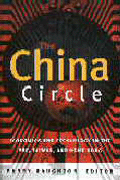
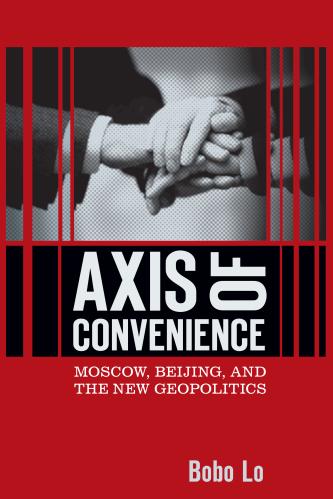
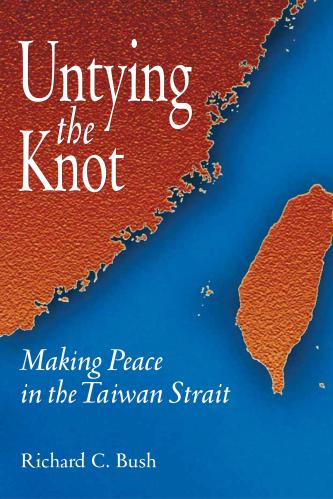
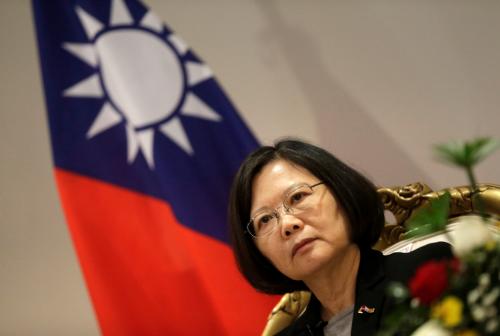
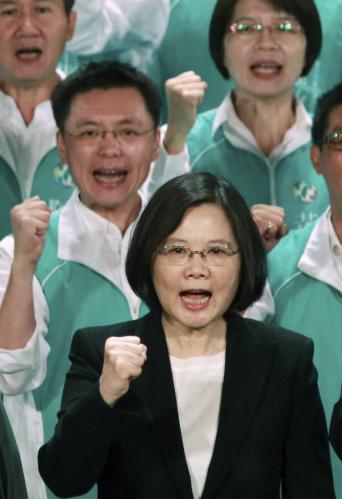
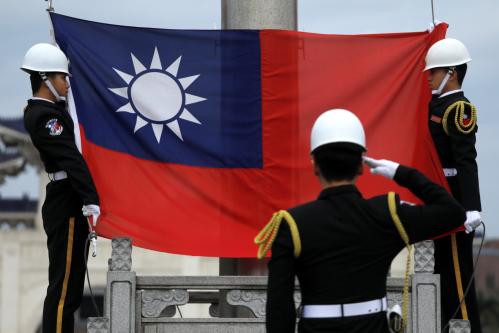



Commentary
Tsai’s steadiness should set the tone
August 10, 2020